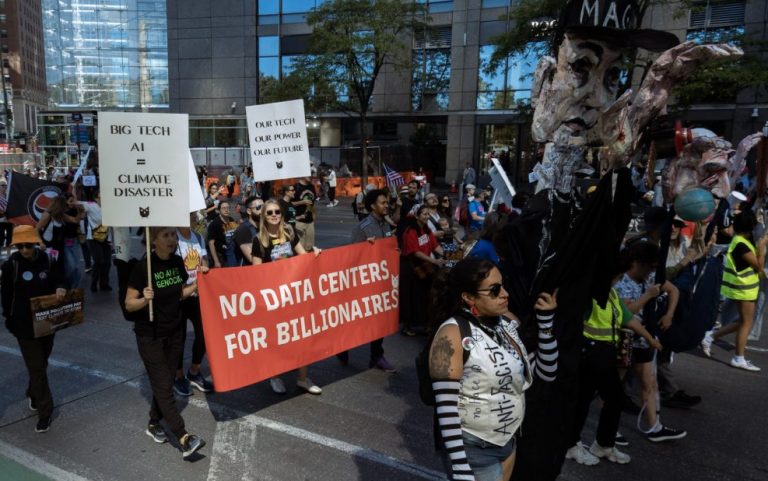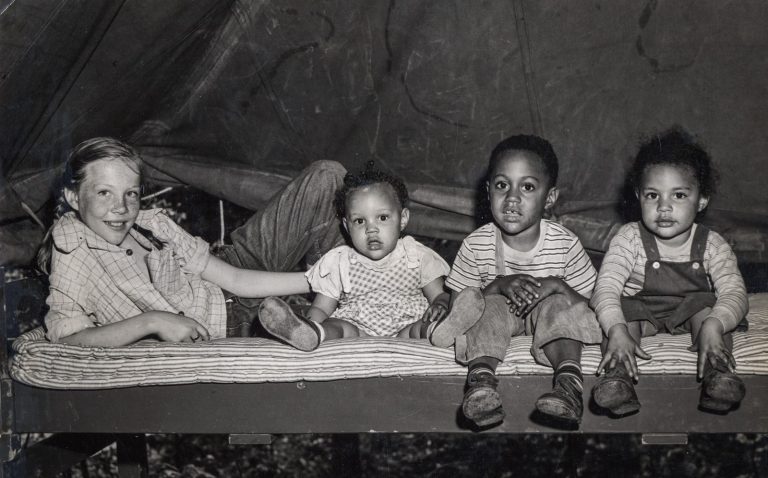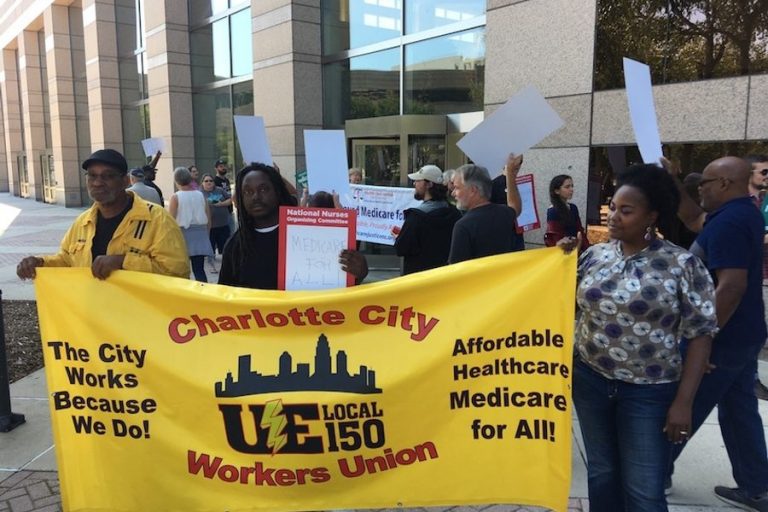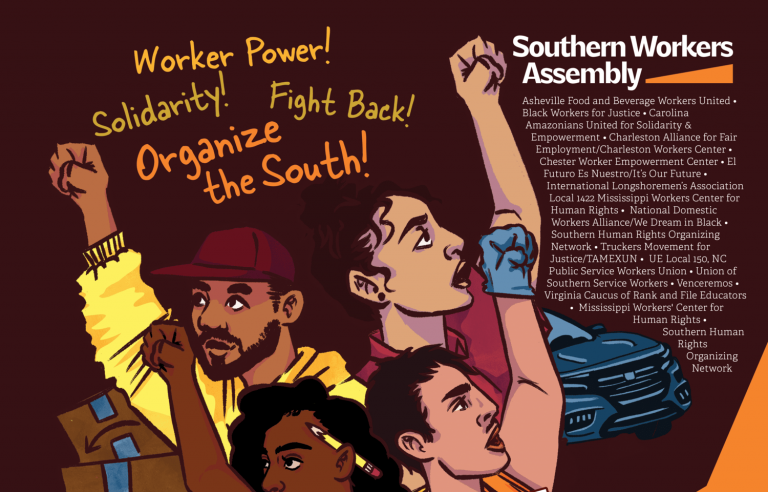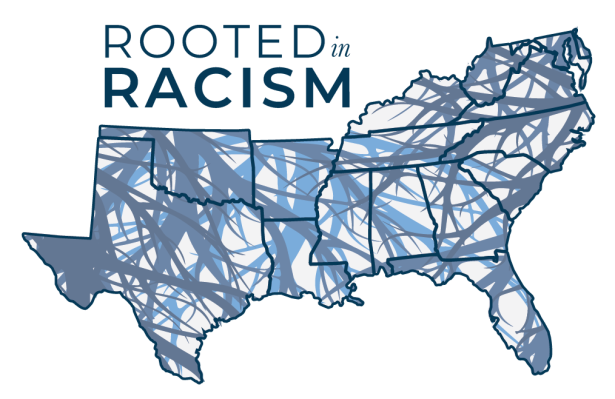Learning From Myles Horton’s Legendary Career In Social Movements
Over a career that spanned more than 50 years and touched on some of the major American social movements of the 20th century, Myles Horton established himself as one of our country’s most renowned popular educators.
Founder of the Highlander Folk School, later reformed as the Highlander Research and Education Center after it was shut down by Jim Crow officials in Tennessee in 1961, the adult education program maintained deep ties to working people in the South. It played an important role in the labor upheavals of the New Deal era in the 1930s.



